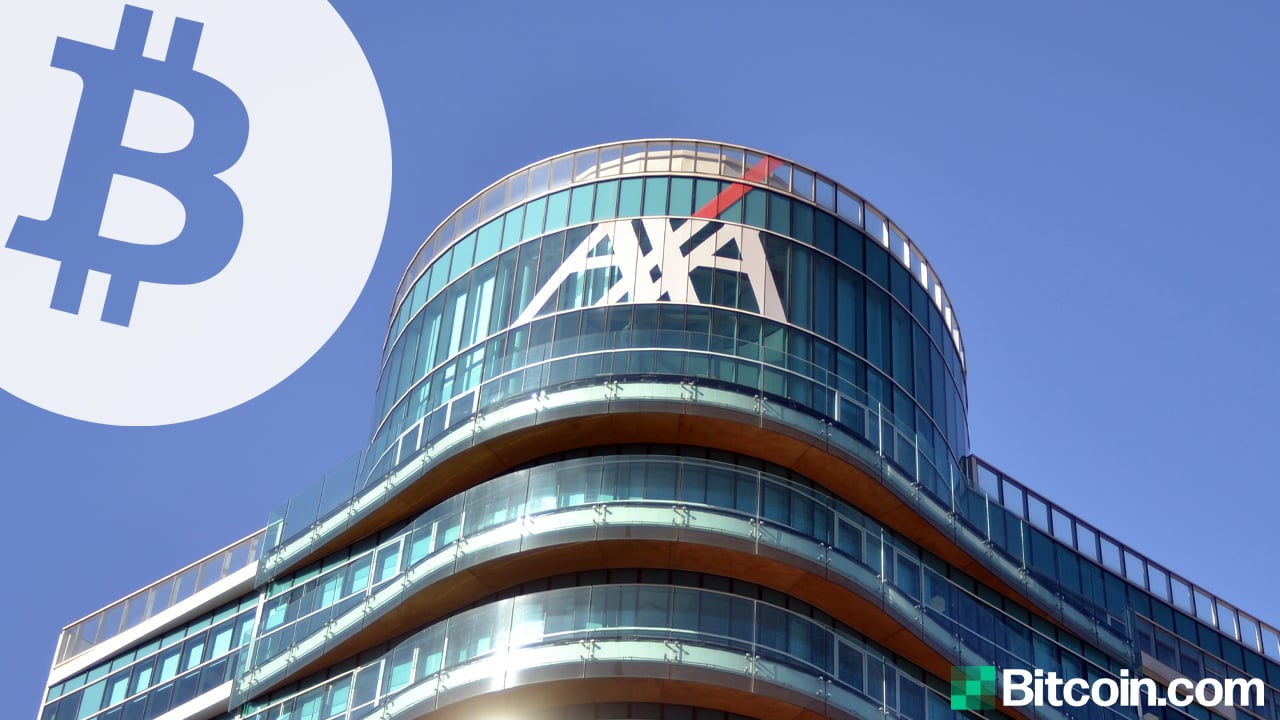Alright folks, buckle up! The United States is apparently serious about digital assets, and Treasury Secretary Janet Yellen just confirmed it. She’s stating, plain as day, that the US intends to become a global leader in this space under President Trump’s leadership. Finally, some bloody common sense!
This isn’t just lip service, either. They’re already building out the next-gen framework to support innovation, security, and maintain economic dominance. About damn time we got ahead of the curve.
Now, let’s dive into the market madness. Whale James Wynn apparently cashed out a whopping $1.2 billion in long BTC positions. The nerve! But wait… he also predicted Bitcoin could hit $118,000 – $121,000 next week! Don’t take financial advice from anyone, especially whales, but still… intriguing.
Speaking of big money, governments and sovereign wealth funds are piling into Bitcoin ETFs. The reason? De-dollarization, shifts in the energy market, and a growing faith in crypto. Let’s be real, everyone’s starting to see the writing on the wall.
But not everyone’s convinced. Economic guru Peter Schiff is still bashing Bitcoin, pointing to central banks loading up on gold instead. Honestly, the guy’s stuck in the Stone Age. Why buy gold when you can have future finance? He’s questioning why central banks choose gold over the USD, and suggests emerging markets should increase their gold reserves drastically. Frankly, Schiff just doesn’t get it.
Finally, the Fed is playing it cool on interest rates, wanting to see how fiscal and trade policies shake out before making a move. They’re being cautious, leading to traders backing off rate cut bets for June. But a rate cut by September is still looking likely, a 50%+ certainty. We’re basically betting on whether inflation cools down or the economy tanks… lovely.
Let’s break down some of these key concepts, shall we?
Digital Assets & Blockchain: Forget everything you think you know about finance. Blockchain technology, the foundation of digital assets like Bitcoin, is changing the game. It’s a secure, transparent, and decentralized way to record transactions.
De-Dollarization: Countries are starting to think twice about relying solely on the US dollar. Investing in assets like Bitcoin can be a way to diversify away from the dollar’s influence.
Central Bank Gold Reserves: Central banks traditionally hold gold as a safe haven. Increased gold purchases might indicate concerns about the financial system or a desire for stability… or it could just be old habits dying hard.
Federal Reserve Policy: The Fed’s decisions about interest rates have a huge impact on the economy and markets. Their cautious approach right now reflects uncertainty about the future.





